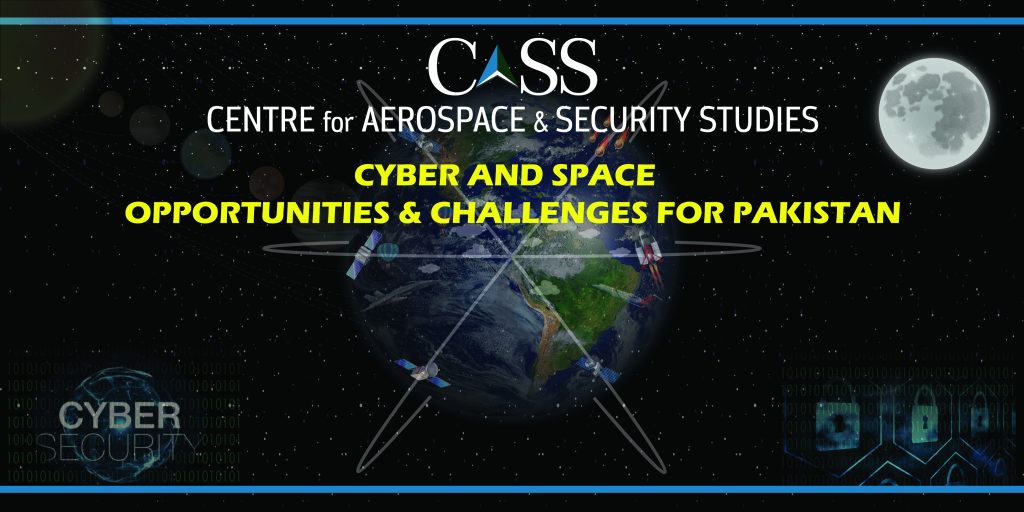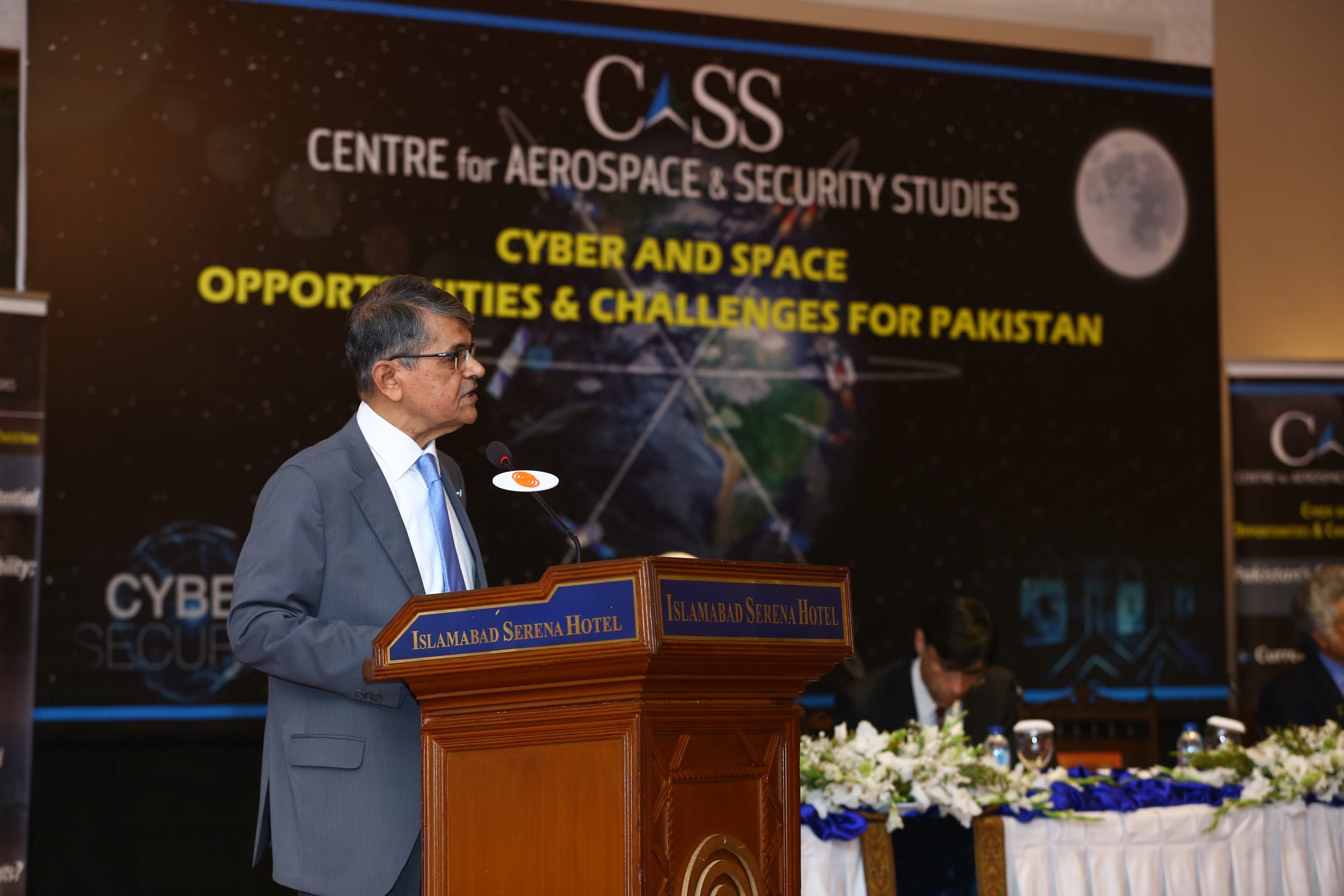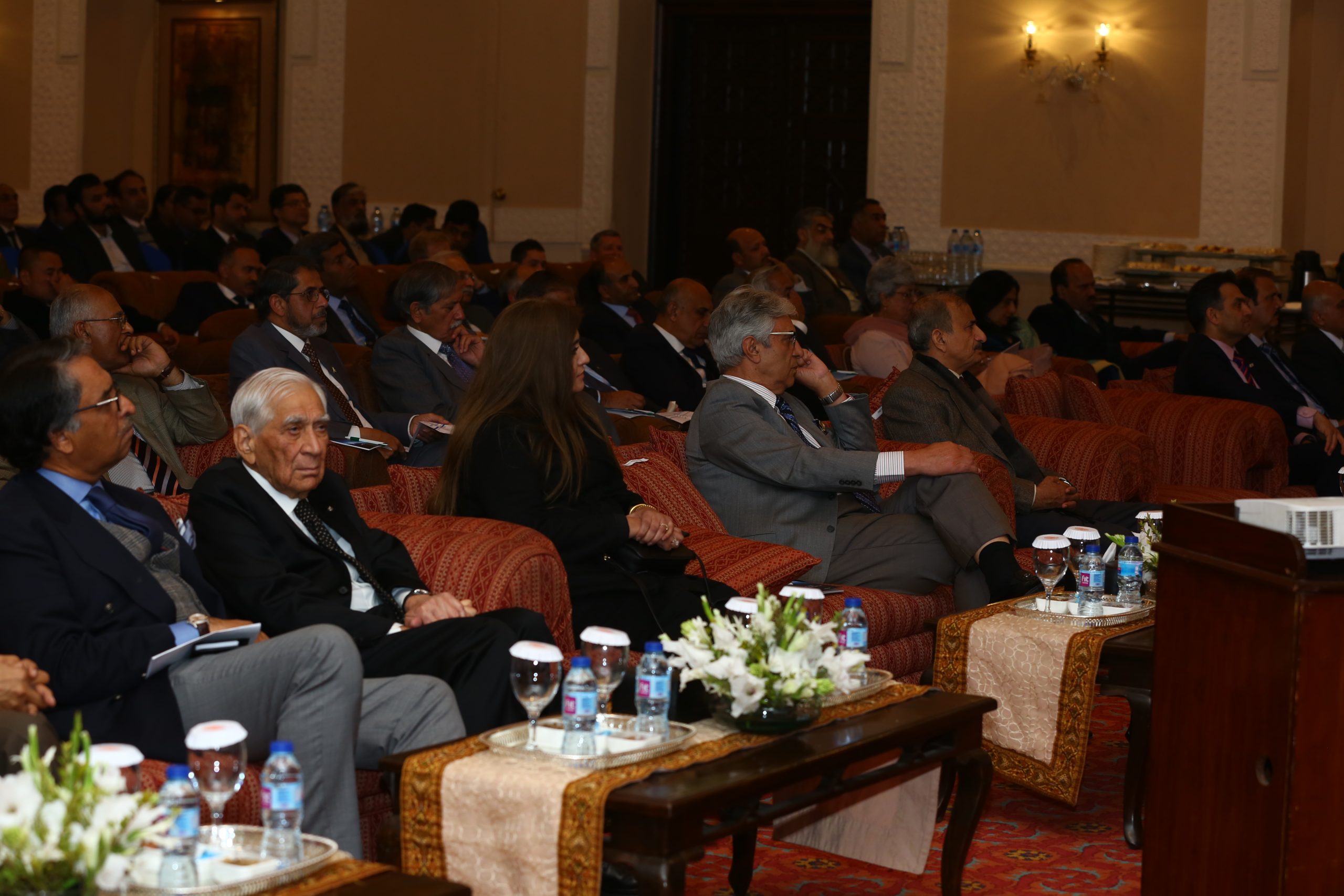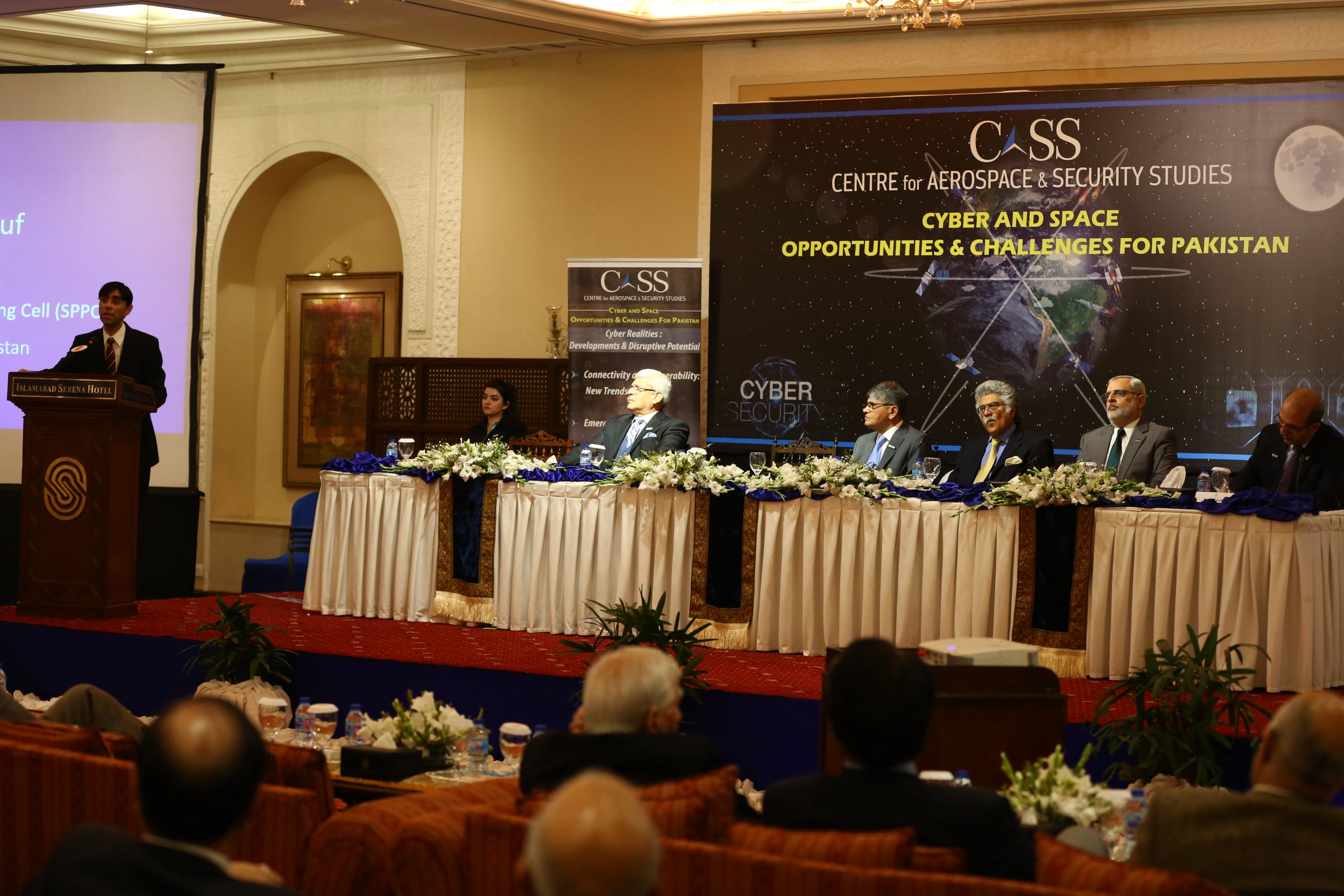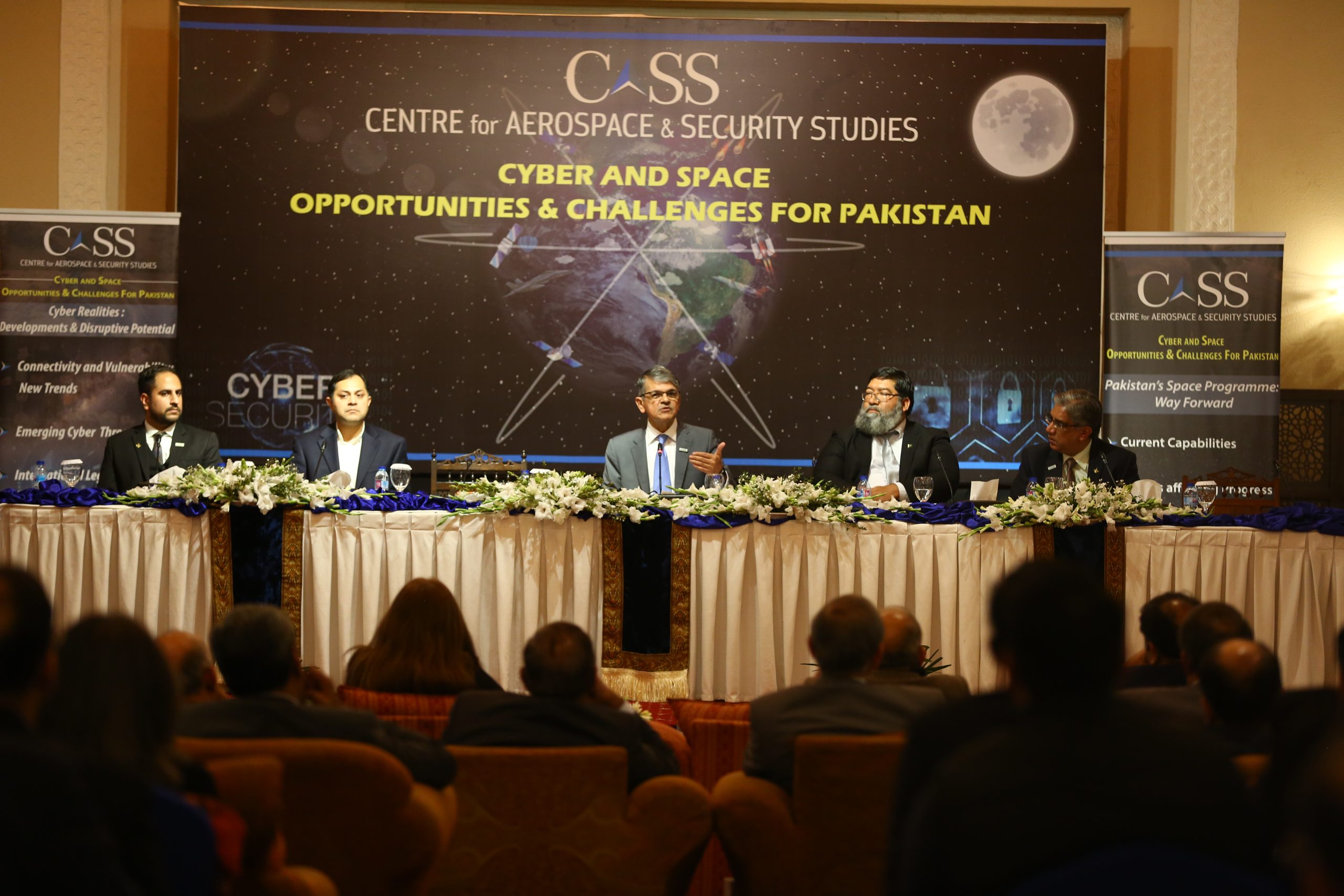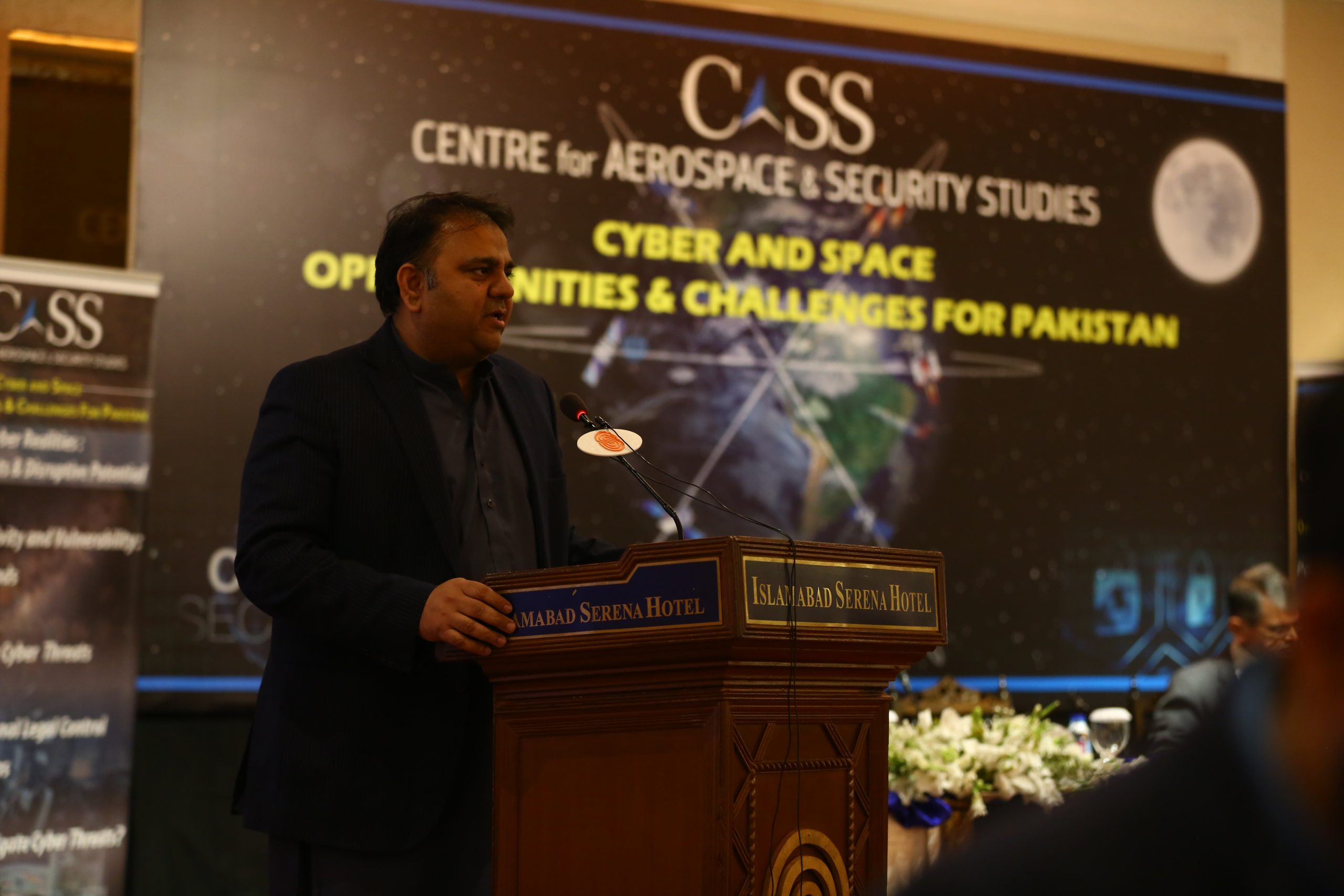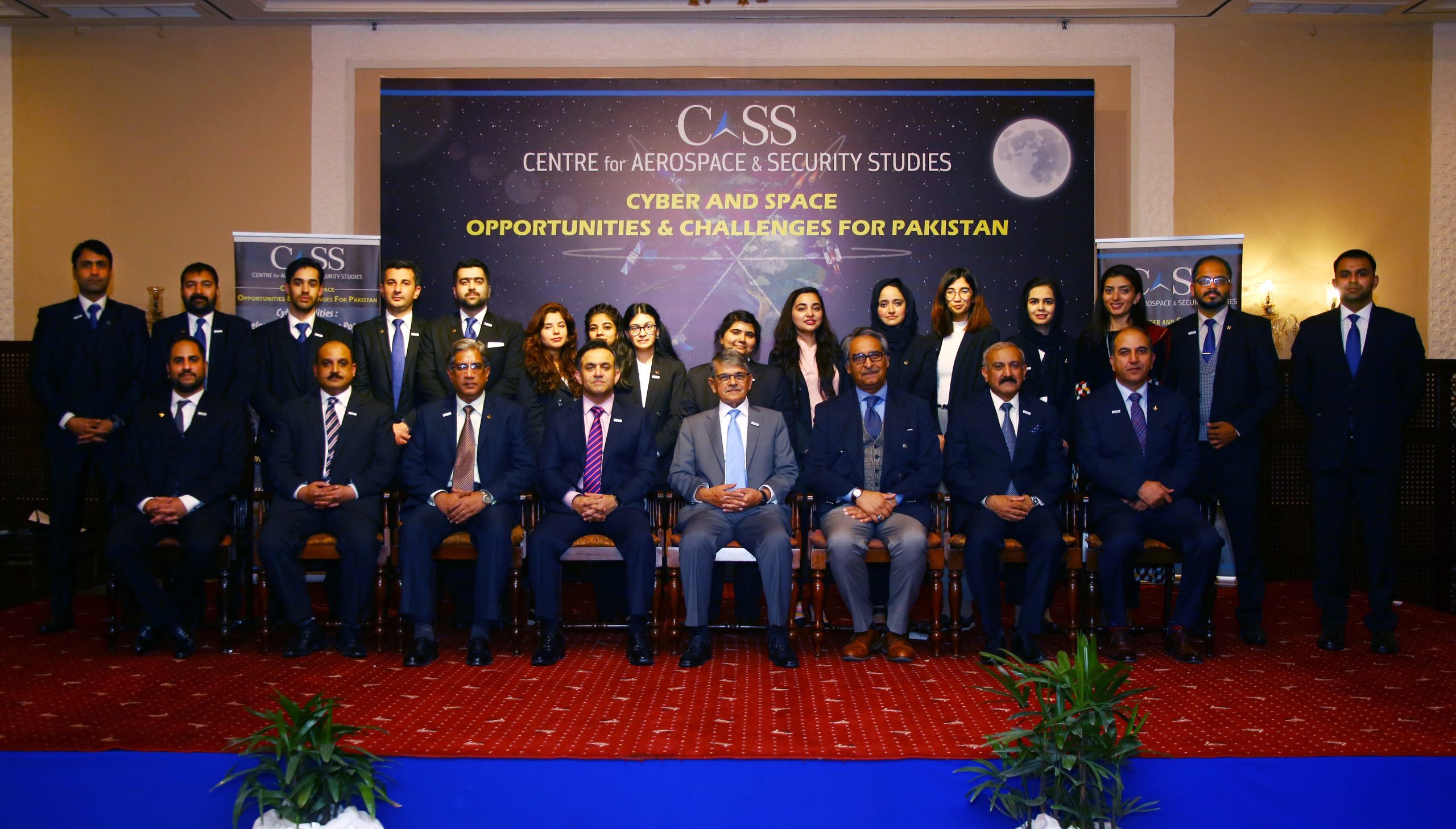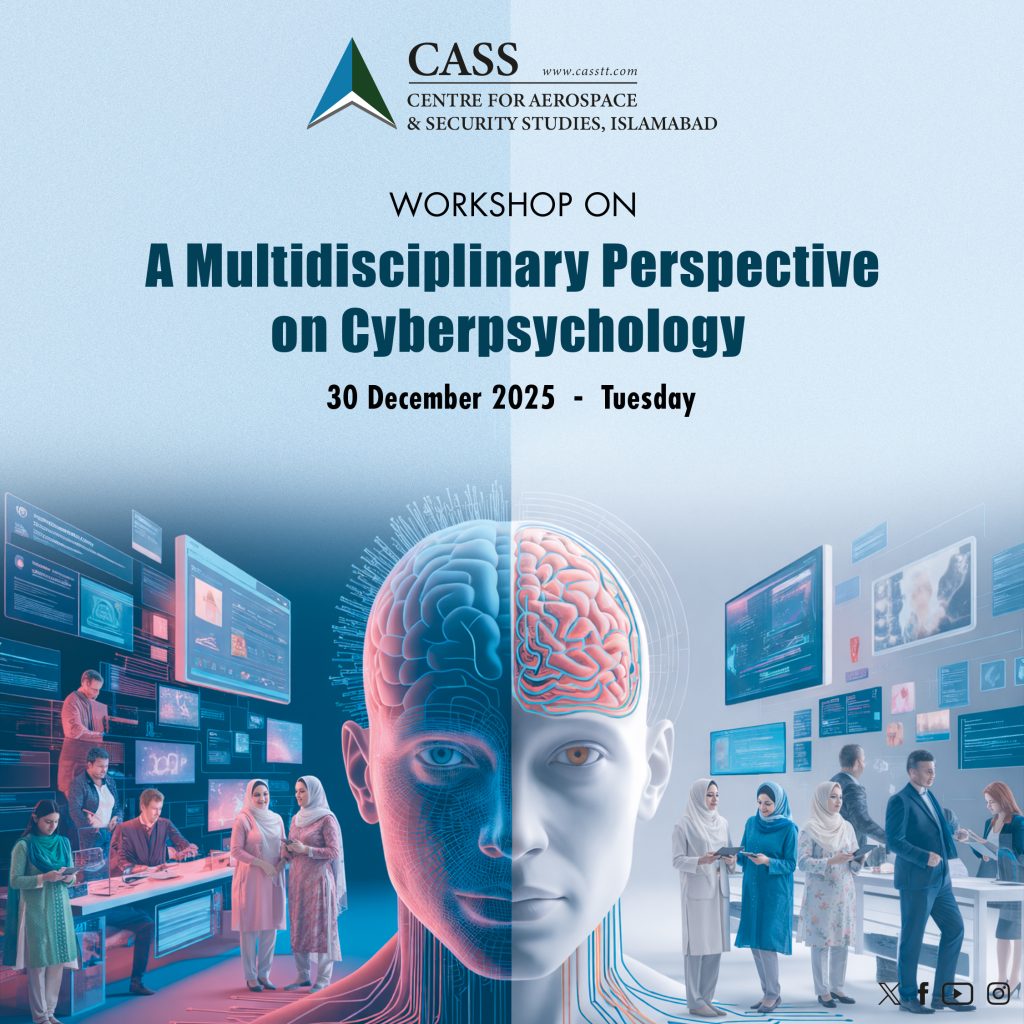Concept Note
The present day world is becoming increasingly dependent on space based infrastructure including satellites, ground stations and data-links, which are transnational and trans-boundaries. At the same time, all space applications are increasingly dependent on computers and connectivity. Since cyber security and space security are inextricably linked, analyzing the intersection between cyber and space security is essential to understanding the benefits, as well as threats from both the technologies.
Space
The endeavours to overcome the challenges of exploring and working in space have led to many technological and scientific advances that have yielded societal benefits in the areas of medicine, communications, transportation, public safety, financial and business services, weather and environmental monitoring, information technology and defence systems etc. While utilisation of space technologies in defence applications has brought about revolution in military affairs, it has also exposed the national defence to many vulnerabilities. The future of space technology offers many additional opportunities such as asteroid mining, space manufacturing, and space based solar power – to mention just a few. However, weaponization of space, nuclear powered satellites and some other space systems are fraught with many dangers. While the entire human race is benefiting from technological progression in the realm of space, the developed countries, with space programmes of their own, are able to exercise almost absolute control over these technologies and thus reap greater economic benefits as well as strengthen their own defence while exploiting security of other nations. With rapid technological advancements, introduction of various treaties and control regimes etc. dependence of the developing countries on the developed ones continues to grow, with resultant increasing effects on their national security and economic growth.
Cyber
The increasing dependence of individuals, organizations, and governments on computers, networking, and cyberspace has increased the vulnerability and threat of exploitation faced by the industry, economic institutions, public service systems, and also the military which impacts the national security of any country. The hostile cyber operations can either damage and steal data or disrupt the digital life in general. Cyber threats may include but are not limited to computer viruses, data breaches, and Denial of Service (DoS) attacks. With each passing day, the cyber security landscape is becoming more complex due to ever emerging newer threats. The problem is compounded by lack of legal frameworks and attributability. Additionally, the vulnerability of satellites and other space assets to cyber-attack is often overlooked in wider discussions of cyber threats to critical national infrastructure. Vulnerabilities at the junction of space-based or space-derived capability with cyber security cause major national, regional and international security concerns. However, these go unaddressed, except in some ‘high end’ space-based systems. Weaponization as well as nuclearization of space exposes it to newer dimension under cyber threats. Like other countries, Pakistan’s institutions, organizations, industry, banking system, and the military are heavily dependent on the use of computers, networks and internet etc. and thus exposed to the cyber threats.

